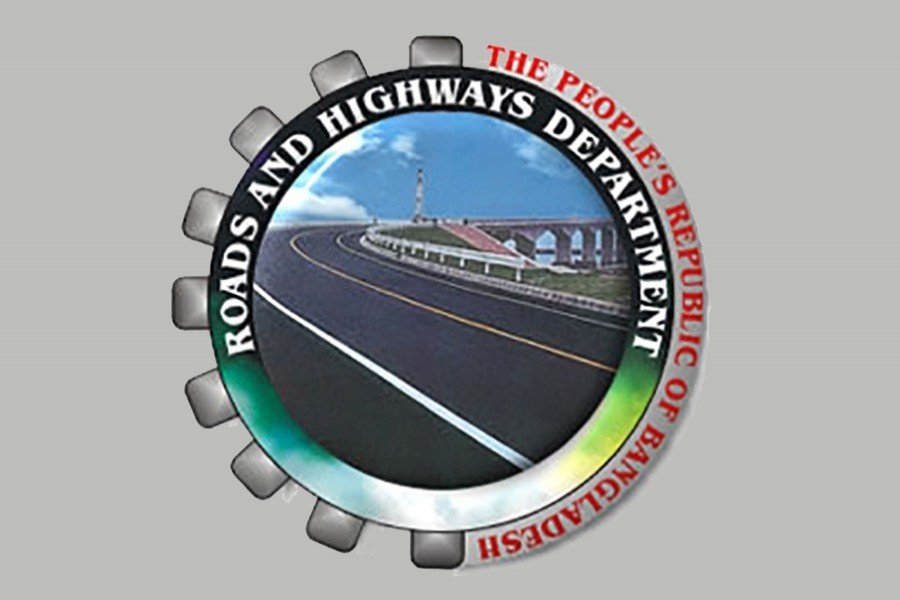
Published :
Updated :

What has been revealed by Transparency International Bangladesh (TIB) in a recent research study about the level of corruption in the Roads and Highways Department (RHD) is deeply shocking. For decades, this department has been a hotbed of corruption, but the level of graft had reached a new height over the last 15 years. The TIB research study has presented how a whole cabal of various interest groups had come together to rip off the national exchequer with hugely over-inflated project costs. The report has stated that political leaders, bureaucrats, engineers, contractors etc., were involved in illegal tradeoff from the road and bridge development projects executed by the RHD during the Fiscal Year 2009-2010 to FY 2023-24.
The graft amounts, according to the study, ranged anywhere from Tk 292.30 billion to Tk 508.35 to develop and construct roads, highways and bridges. Since everyone got a slice of the pie, no one complained - except ordinary citizens. It is the electorate who were left to pick up the pieces of shoddy jobs that were commissioned and quality control was not a priority area. Hence, commissioned road networks had worn out much faster than envisaged (or stated in project documents) and since money had changed hands, mere lip service was paid to address complaints. The immediate-past government had proudly declared "zero tolerance" on corruption. The few individuals who were investigated did never include those who sat at the top of the pyramid (of graft). The minnows were exhibited as examples of the war on corruption. The study that has been carried out goes into detail about the percentage of graft involved in RHD project execution. For instance, it is stated that the bribery amount ranged between 23 per cent and 40 per cent of the work orders. Now that brings the amount to Tk 1.27 trillion over a 15-year period. There were other bribes involved. A certain percentage had to be paid at the time of handing over of work orders to contractors and another amount had to be paid at the time of the payments made against bills submitted following the completion of the project work. So, in total, about 50 per cent of work contract value was paid in bribes.
Now that explains why contractors fail to do quality work on roads and highway projects. The aim is not to deliver quality work but to share funds plundered through irregularities. The media had enough to write on round the year and they covered a part of it. Given that black laws enacted by the Hasina regime to muzzle the press from doing its job, a lot of the disasters are now being exposed.
The question is will the interim government take the TIB study seriously? People want some actions on its part, for, given the past track records, they do not have much faith in any political government's seriousness in tackling graft. The "Ghush-banijjo" as bribery is popularly known in Bangla is a cancer that has devoured everything. Billions of Taka have changed hands and this is one department that cannot be ignored.


 For all latest news, follow The Financial Express Google News channel.
For all latest news, follow The Financial Express Google News channel.